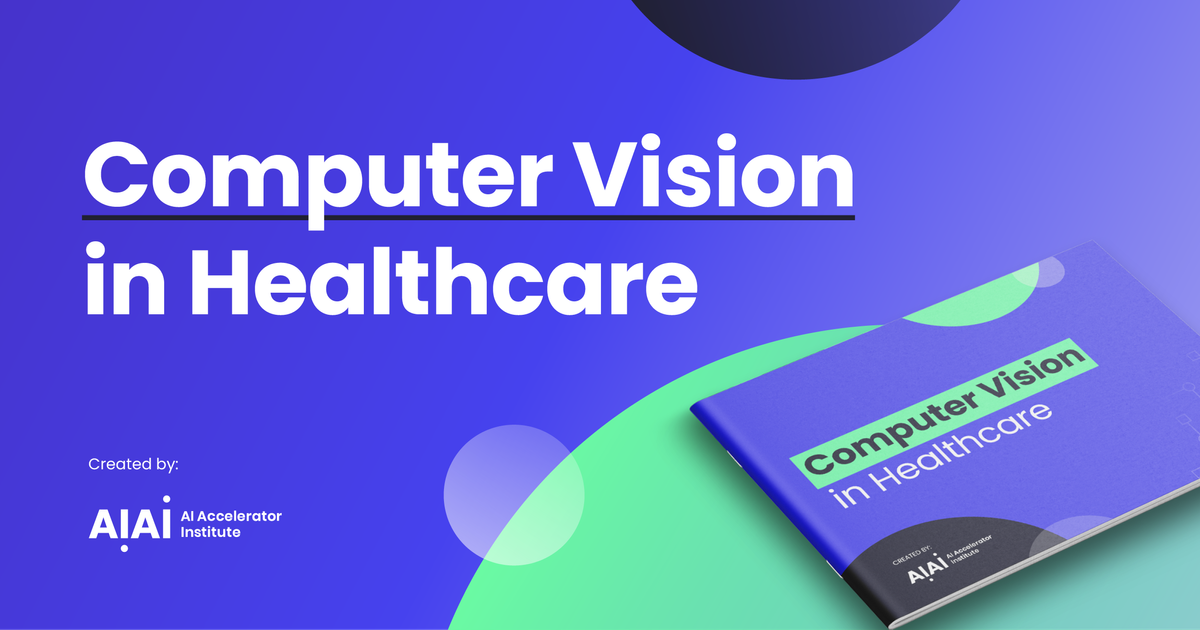Researchers at Boston University have recently developed a cutting-edge artificial intelligence model to predict the early development of Alzheimer’s disease. This innovative tool focuses on identifying individuals with mild cognitive impairment who are at a high risk of developing Alzheimer’s within the next six years.
AI model and its predictive capabilities
The model analyzes a patient’s speech patterns to predict the likelihood of Alzheimer’s onset.
Ioannis Paschalidis, the director of the Hariri Institute for Computing at Boston University, explained that the primary goal of this research is to facilitate early detection of Alzheimer’s. Early detection is crucial for timely interventions, especially in light of new drug treatments now available.
Paschalidis highlighted the lack of early diagnostic procedures for Alzheimer’s, unlike other chronic diseases such as diabetes, hypertension, and cancer. He emphasized that this new study represents a significant advancement in predictive models for Alzheimer’s, potentially revolutionizing how the disease is managed and treated.
Methodology and study findings
The AI model was tested in a study involving 166 participants from the Framingham Heart Study. The AI achieved a 78.5% accuracy rate using speech-to-text modeling and basic demographic data. The researchers noted that speech is a revealing indicator of cognitive status, underscoring the model’s utility in assessing risk.
The study also found that older women with lower education levels and carriers of the apolipoprotein E (ApoE) E4 allele are more likely to progress to Alzheimer’s. This discovery aligns with previous research indicating a higher risk among individuals with the ApoE E4 genotype. Additionally, the study observed that women tend to progress to Alzheimer’s at a slightly older age than men, which may be related to their longer lifespan.
Future prospects and impact
Looking forward, the continuous improvement of this AI model could significantly enhance early intervention strategies and aid in selecting participants for clinical trials on new Alzheimer’s treatments.
Paschalidis remains optimistic about the model’s potential to improve patient outcomes significantly by enabling earlier and more precise diagnosis of Alzheimer’s disease.
Looking for more information about how AI and computer vision can help healthcare?
Check out our eBook below:
Computer Vision in Healthcare eBook 2023
Unlock the mystery of the innovative intersection of technology and medicine with our latest eBook, Computer Vision in Healthcare.

Like what you see? Then check out tonnes more.
From exclusive content by industry experts and an ever-increasing bank of real world use cases, to 80+
deep-dive summit presentations, our membership plans are packed with awesome AI resources.

